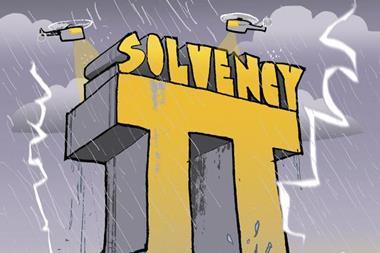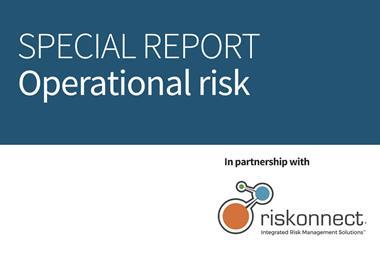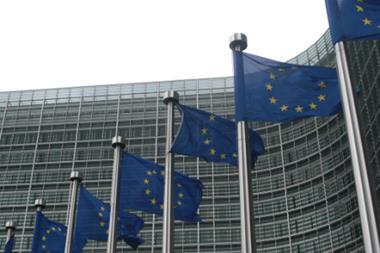Rules harmonise and improve the tools for dealing with bank crises

A single rulebook for the resolution of banks and large investment firms in EU member states came into force on 1 January. The rules harmonise and improve the tools for dealing with bank crises across the EU. They also ensure shareholders and creditors of the banks pay their share of the costs through a “bail-in” mechanism.
EU commissioner for financial stability, financial services and capital markets union, Jonathan Hill, said:”The Bank Recovery and Resolution Directive (BRRD) equips public authorities for the first time across Europe with a broad range of powers and tools to deal with failing banks, while preserving financial stability. From now on, it will be the bank’s shareholders and their creditors that will bear the related costs and losses of a failure rather than the taxpayer.”
After the recent financial crisis, the EU adopted a number of measures were adopted to ensure the stability of financial and banking services. The BRRD was adopted in spring 2014 to provide authorities with comprehensive and effective arrangements to deal with failing banks at national level, as well as cooperation arrangements to tackle cross-border banking failures.
The BRRD sets out the rules for the resolution of banks and large investment firms in all EU member states. Banks will be required to prepare recovery plans to overcome financial distress. Authorities are also granted a set of powers to intervene in the operations of banks to avoid them failing. If they do face failure, authorities are equipped with comprehensive powers and tools to restructure them, allocating losses to shareholders and creditors following a clearly defined hierarchy. They have the powers to implement plans to resolve failed banks in a way that preserves their most critical functions and avoids taxpayers having to bail them out.
Precise arrangements are set out for how home and host authorities of banking groups should co-operate in all stages of cross-border resolution, from resolution planning to resolution itself, with a strong role for the European Banking Authority to coordinate and mediate in case of disagreements.
National resolution funds are also being established. In the case of euro area member states, these funds will be replaced by the Single Resolution Fund as of 2016.
The BRRD is being further complemented by technical rules developed by the European Banking Authority on a number of subjects, including concrete information requirements for recovery and resolution plans and securing accurate valuations of assets and losses at the point of resolution.




















No comments yet